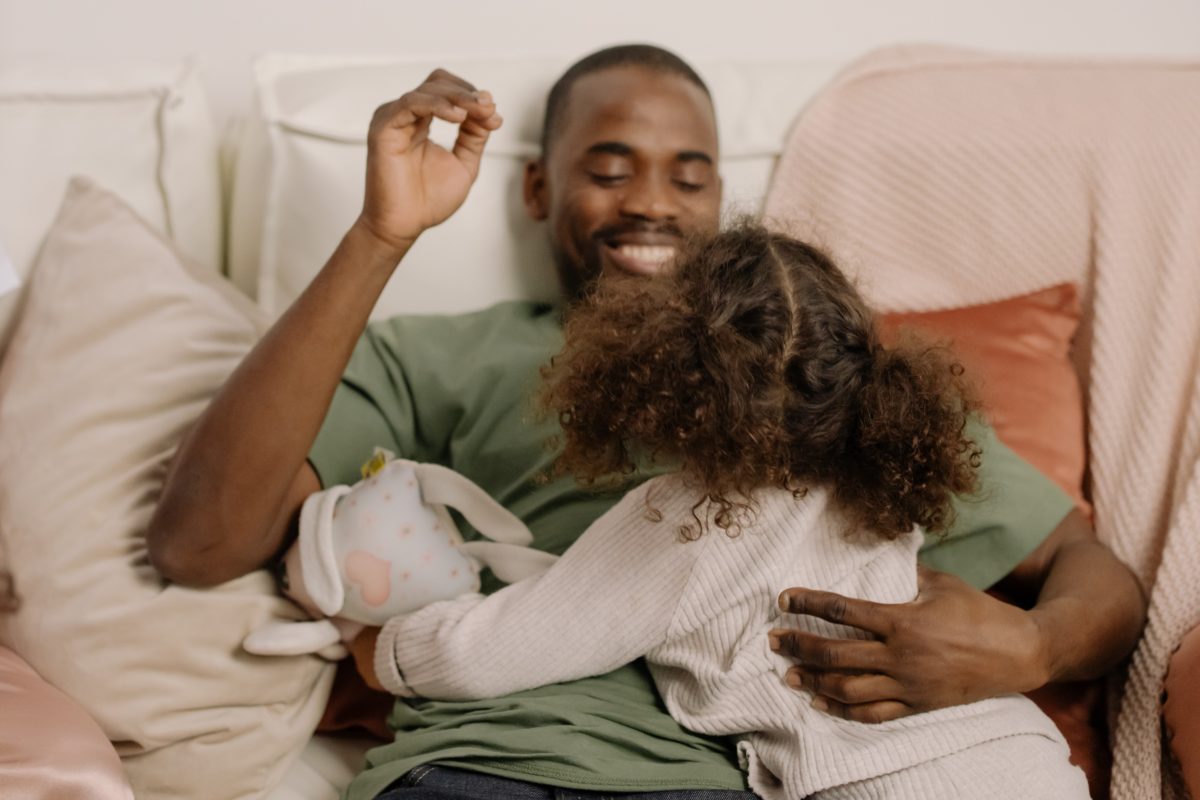Parenting
Teaching Your Child Healthy Communication Skills: Tips for Conflict Resolution
Effective communication is an essential life skill, and it’s important for children to develop healthy communication habits from a young age. Conflict resolution is an essential aspect of communication, and teaching children how to resolve conflicts in a healthy manner can help them build strong relationships throughout their lives. In this blog post, we’ll discuss some tips for teaching your child healthy communication skills and conflict resolution.
Tip #1: Encourage Active Listening One of the most important skills for healthy communication is active listening. Encourage your child to pay attention to what others are saying and to try to understand their perspective. Teach them to listen without interrupting and to ask clarifying questions to ensure they understand the other person’s point of view.
Tip #2: Teach Empathy Empathy is the ability to understand and share the feelings of others. Teaching your child empathy can help them develop stronger relationships and become better communicators. Encourage your child to think about how others might be feeling and to consider their perspective when resolving conflicts.
Tip #3: Use “I” Statements When your child is communicating their own feelings or perspective, encourage them to use “I” statements. For example, instead of saying “You’re wrong,” they could say “I feel differently about this.” This approach can help prevent conflicts from escalating and can encourage others to listen and be more open to different perspectives.
Tip #4: Practice Active Problem-Solving When conflicts arise, encourage your child to think about different solutions and to evaluate the pros and cons of each. Help them identify the root cause of the conflict and brainstorm possible solutions. Practice active problem-solving and encourage your child to consider how their actions might affect others.
Tip #5: Model Healthy Communication Skills Children learn by example, so it’s important to model healthy communication skills in your own interactions. Practice active listening, use “I” statements, and demonstrate empathy in your own conversations. This can help your child develop healthy communication habits and conflict resolution skills.

